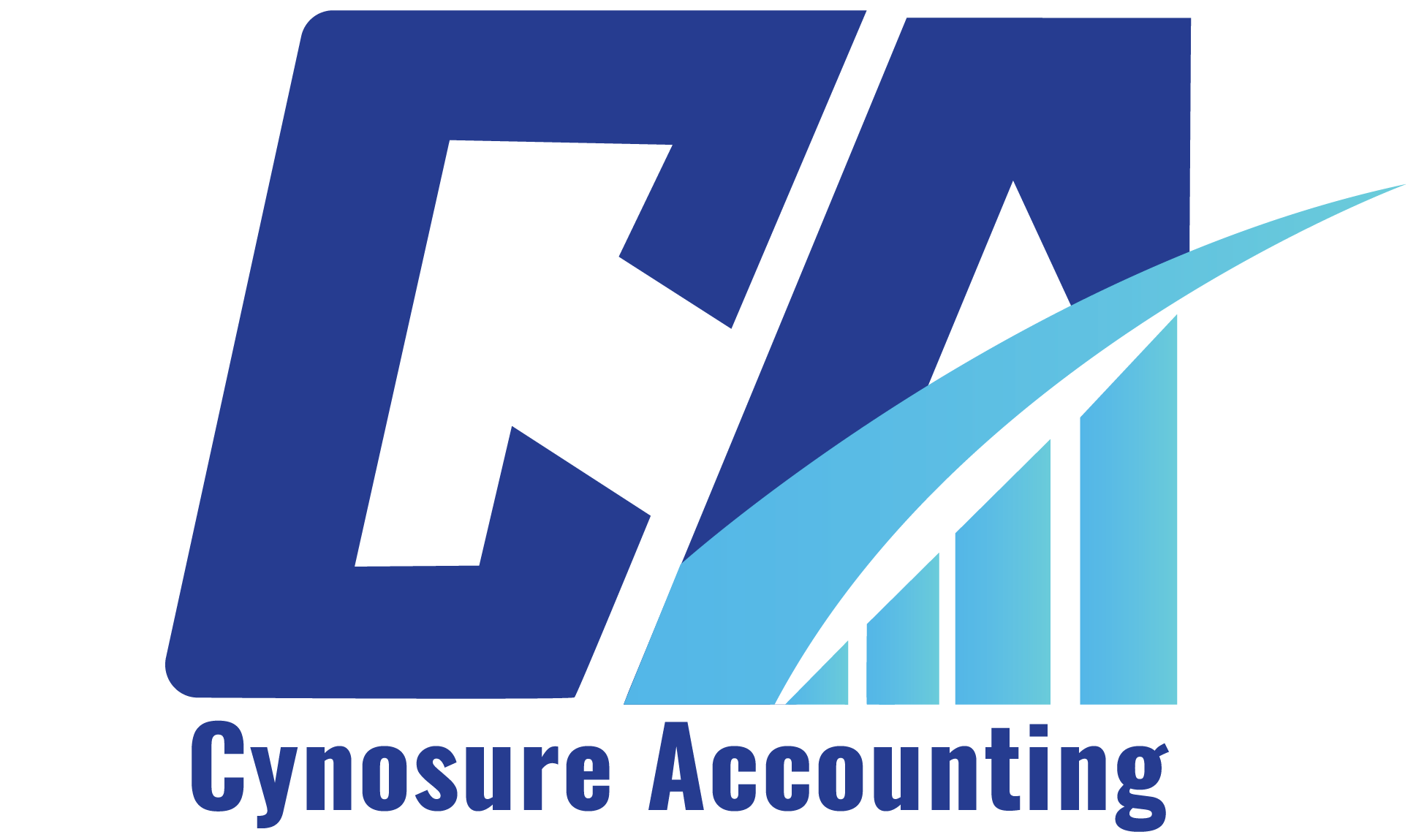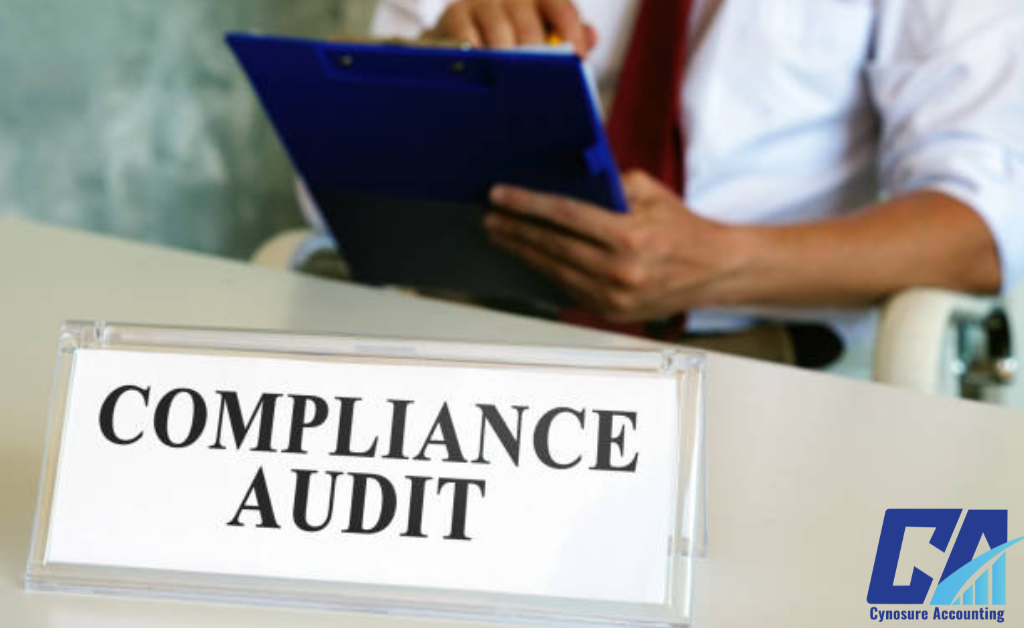Keeping up with payroll responsibilities can be challenging, especially when laws and regulations change frequently. For employers, the term Payroll Compliance Tax Audit might sound intimidating—but understanding it is essential for avoiding penalties and ensuring your company is on the right track.
This guide breaks down everything employers need to know about the process, what triggers it, and how to prepare for it with confidence.
What Is a Payroll Compliance Tax Audit?
A Payroll Compliance Tax Audit is a formal review conducted by a government agency or external auditor to examine a company’s payroll practices. The main purpose of the audit is to verify whether a business has accurately withheld and paid all required payroll taxes, followed labor laws, and maintained proper documentation.
Government agencies like the IRS, the Department of Labor, or state tax boards can initiate these audits. They are designed to check for underpayment, misclassification of employees, or failure to adhere to employment laws such as the Fair Labor Standards Act (FLSA).
Why Payroll Compliance Matters
Payroll isn’t just about cutting checks. It touches on employee satisfaction, tax law, and even a business’s financial health. Getting it wrong can lead to fines, lawsuits, or reputational damage.
Common Compliance Requirements:
- Correct classification of workers (employee vs. contractor)
- Accurate salary and wage calculations
- Proper overtime pay as per FLSA rules
- Correct calculation of tax withholdings
- Timely filing of payroll tax forms
- Documentation of deductions, garnishments, and benefits
- Issuance of accurate paystubs
Who Conducts a Payroll Compliance Tax Audit?
Audits can be conducted by various entities:
- Internal auditors within a company, usually part of internal controls
- External auditors hired by stakeholders or regulators
- Government agencies such as the IRS, state revenue departments, or the Department of Labor
Each auditor may have a slightly different scope, but the goal remains the same—ensuring payroll is accurate, timely, and legal.
What Triggers a Payroll Audit?
A Payroll Compliance Tax Audit may be triggered by several factors, including:
1. Employee Complaints
If an employee raises concerns about their paycheck, overtime, or classification, an agency may open an investigation.
2. Inconsistent Tax Filings
Mismatches in reported income on payroll tax forms versus employee filings can raise red flags.
3. Random Selection
Sometimes businesses are chosen at random as part of routine regulatory oversight.
4. Industry Trends
Certain industries with a history of underpayment or misclassification are more likely to be audited.
What Auditors Look For
Here’s a brief checklist of what auditors usually review:
- Pay records (wages, hours, bonuses, overtime)
- Withholding tax records
- Employment contracts
- Records of state and local tax deductions
- Employee classification records
- Timesheets and attendance logs
- Records of benefit deductions and garnishments
Auditors may also conduct employee interviews to verify the accuracy of information.
How to Prepare for a Payroll Compliance Tax Audit
Preparation is key to handling an audit smoothly. Here are steps every employer should take:
1. Conduct Internal Reviews
Schedule regular internal audits to catch issues early. Check all aspects of payroll, including hours worked, taxes withheld, and proper documentation.
2. Maintain Clear Records
Keep organized and up-to-date files on each employee, including contracts, job descriptions, and pay history.
3. Use a Reliable Payroll System
A good system improves efficiency and reduces the chance of errors. It also simplifies reporting and recordkeeping.
4. Review Employment Classifications
Ensure that everyone listed as an independent contractor truly meets that classification based on IRS guidelines.
5. Train Your HR and Accounting Teams
Staff responsible for processing payroll must stay current on tax laws, reporting obligations, and compliance issues.
Risks of Non-Compliance
Failing a Payroll Compliance Tax Audit can lead to serious consequences:
- Fines and penalties
- Back taxes and interest
- Legal action from employees
- Damage to company reputation
- Possible criminal charges in cases of fraud
Non-compliance can also impact relationships with stakeholders, who often rely on clean financial records to make decisions.
The Role of Internal Controls
Strong internal controls help catch errors before they become costly. This includes:
- Dual approval systems for payments
- Separation of payroll duties
- Regular reconciliation of payroll and tax accounts
- Consistent checks for anomalies in paychecks and overtime
Internal controls not only ensure accuracy but also reduce the chance of fraud.
A Payroll Compliance Tax Audit may seem stressful, but it doesn’t have to be. By focusing on proper documentation, regular reviews, and understanding your obligations as an employer, you can approach audits with more certainty.
Remember, your workforce depends on timely and accurate payroll, and so do your regulatory obligations. Making compliance part of your routine operations isn’t just about avoiding audits—it’s about building a business that runs smoothly and responsibly.

